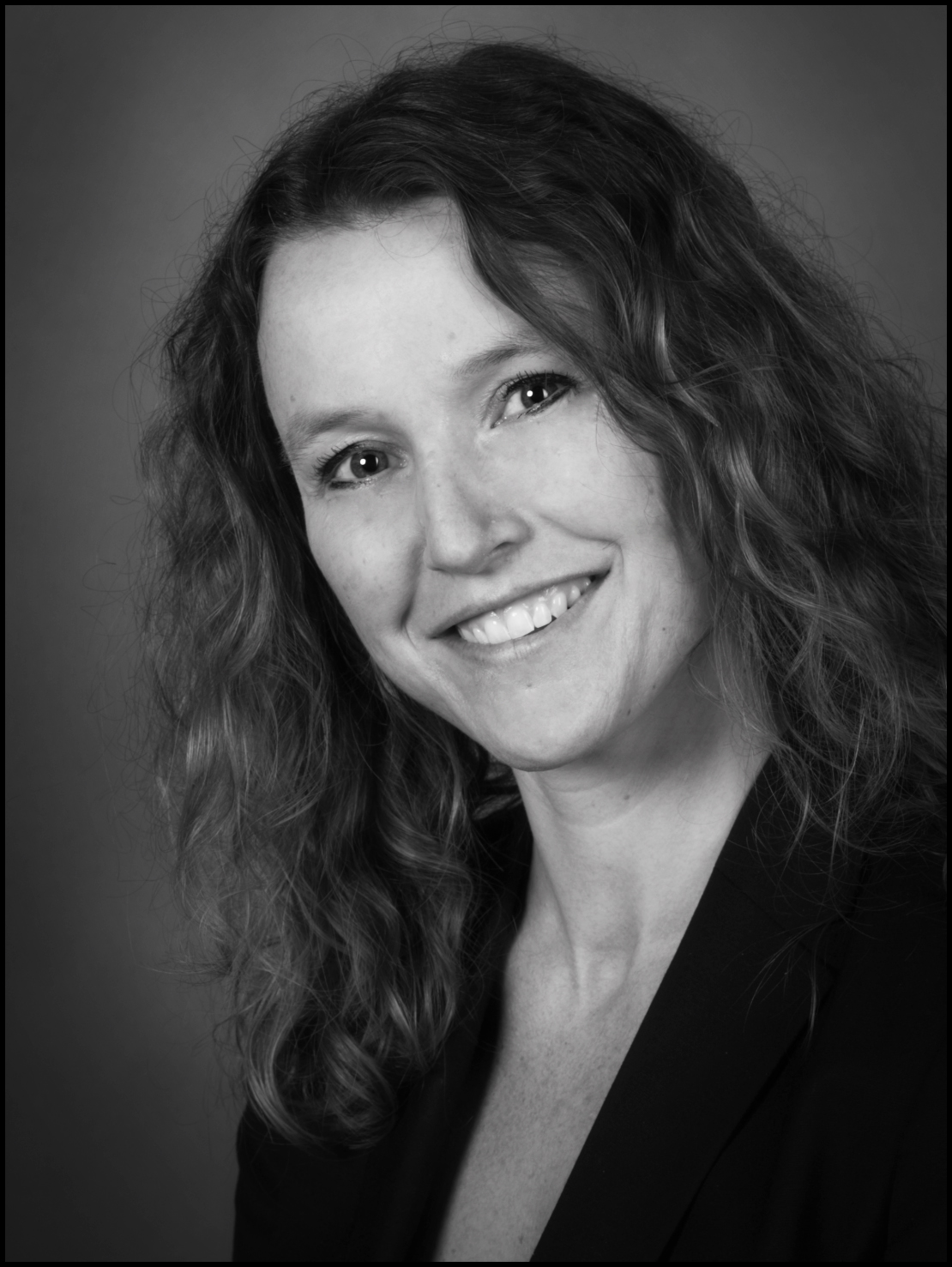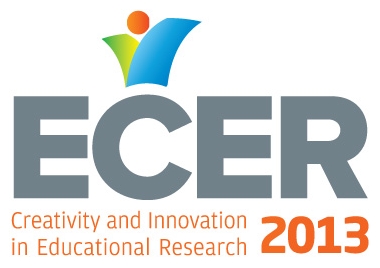A Situated Model of Creative Learning
Chairperson: Yaşar Özden
Place: BFSAY
Date/ Time:
This presentation puts forward a situated model of creative learning. Most educational studies on creativity tend to concentrate on explaining the relation between teaching and creativity while keeping learning as a secondary concept (Torrance, 1972; Hennessey & Amabile, 1987; De Bono, 1992; Fasko, 2000-2001). However, Anna Craft (2005) has stated that it is likely that teaching creatively leads to creative learning, suggesting that there is a need to describe the concept of creative learning and to analyze its possible constituents. Accordingly, this presentation introduces an empirically based and theoretically informed model of a creative learning community. The model is based on three key concepts or learning principles which can take different forms according to particular settings and social practices. These are respectively: 1) Immersion in the topic of interest, in traditions and in the subject matter, 2) Experimentation and inquiry learning and 3) Resistance from the material of interest. As a theoretical point of departure, I will outline a situated model of creativity and learning, and following this, I will introduce my model and the basic components of a creative learning community. This presentation will include several empirical examples. In the final part, the model will be discussed in relation to the concept of creative teaching.
Biographical Note

Lene Tanggaard Pedersen is professor at Aalborg University, Denmark and co-director (with Svend Brinkmann) of the Center for Qualitative Studies. She has held visiting positions at Berkeley and the University of Technology, Sydney. Her research focuses on the situational and contextual dimensions of creativity vis-à-vis real-life problems. Recent publications include: Fornyelsens kunst (The art of change - creating creativity in schools), Copenhagen 2010; Towards an Epistemology of the Hand, Studies in Philosophy and Education, 29 (3): 243-257 (with S. Brinkmann, 2010); Apprenticeship re-habilitated in a postmodern world? Journal of Vocational Education and Training, 63 (4): 563-573 (with K. Nielsen); Stories about Creative Teaching and Productive Learning, European Journal of Teacher Education, 34 (2): 217-230 (both 2011).
